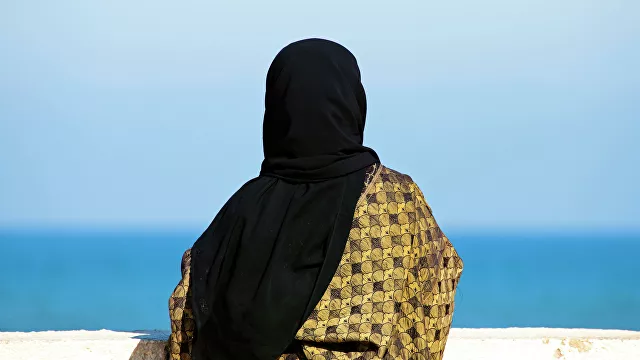What is Jihad and to what extent do conditions in Coast support calls for physical Jihad?
The February 2 raid on Masjid Musa mosque in Mombasa to counter an alleged terrorist recruitment elicited divergent arguments from Kenyans.
On the one hand are those who defend the actions of the police, saying, they were justified in pre-empting a potential security threat. There are also those who accuse the police of disgracing mosques and targeting Muslim faithful.
The whole issue has rekindled the debate about Kenya’s approach to the war against terror and violent extremism at the coast. It has also brought into question the nexus between religion and violence.
If, as is frequently stated, no religion supports violence as its mission, what then is the role of religion in violent extremism, given that some Muslims in Coast have backed calls for armed violence?
The coastal region is inhabited predominantly by Muslims, and has, for some time, been at the centre of separatist claims and allegations of neglect by the central government.
The situation is compounded by the country’s role in the global war against terror. Muslims, especially at the coast, accuse the government of heavy-handed counter-terrorism strategies, aiding and abetting renditions, and State-sponsored assassinations of perceived radical preachers.
Following Kenya’s intervention in Somalia, the coastal region turned into one of the key targets for recruitment by al-Shabaab.
INTERPRETATIONS OF JIHAD
The subsequent police crackdown on alleged Muslim radicals, in turn, created religious tensions and ideological differences between Muslims in the region with some embracing extremist Islamic teachings, while others like the Supreme Council of Kenya Muslims (Supkem) condemning the use of mosques for what it called “utter illegality, criminality and un-Islamic actions”.
Central to the ideological differences within the Muslim fraternity is the competing interpretations of Jihad between the moderates and radicals. What then is Jihad and to what extent do conditions in Coast support calls for physical Jihad?
Jihad is a term often used interchangeably with “holy war”. It is an Islamic concept that literally means: “To strive in the way of God”. There are two versions of jihad: the greater Jihad (the inner spiritual struggle against one’s ego, selfishness, greed and evil), and the lesser Jihad (the physical outer struggle in self-defence when a country in which Muslims live is unjustly attacked or illegally occupied).
But whereas both forms of jihad are permissible according to Islamic teachings, the Qur’an places more emphasis on the inner spiritual struggle. In the recent past, however, there has been an apparent reversal in prioritisation of the physical struggle in self-defence over the inner spiritual struggle, especially in the context of the global war on terror.
Scholars argue that preconditions for physical Jihad are high such that an armed struggle can be sought only after all peaceful means of solving the problem have been exhausted.
It also has to be an act of self-defence, of the highly oppressed (including non-Muslims) and is worthy only if the probability of success is high.
Similarly, self-exposure to risk that could result in greater evil is equally prohibited, but should the preconditions for jihad be fulfilled, attack against civilians, non-combatants, prisoners of war and the injured are prohibited.
LEGITIMACY IS CONTENTIOUS
Muslim scholars maintain that conditions for Jihad in Islam are compatible with international law on armed conflict, but others use the term to generally mean defensive or retaliatory warfare against actors they perceive to have harmed Muslims.
Overall, the legitimacy for “physical Jihad” as called for by some religious leaders at the coast is contentious. The region is underpinned by structural problems of marginalisation, which may have fostered resentment toward the central government. This problem, however, is more national than regional and does not mirror the conditions necessary for declaration of Jihad.
Nonetheless, for impoverished youths, religious teachings provide hope of changing their circumstances. The government’s aggressive response to the situation has not helped matters. Its attempt at violent suppression seems to lead to further violent resistance.
A solution to ideological wars steeped in structural conditions of poverty and deprivation lies in political processes and dialogue rather on heavy-handedness.
Kenya needs to proceed carefully in responding to extremism with the need to find viable, inclusive and fair economic and political processes.
It is also important for respectable religious leaders to take the initiative to promote dialogue around the core values and commitments of Islam as a religion including on the concept of Jihad.
Ms Hawa Noor is an independent policy researcher on the Horn of Africa and communications consultant based in Nairobi. ([email protected])
POSTED THURSDAY, APRIL 3, 2014 |









